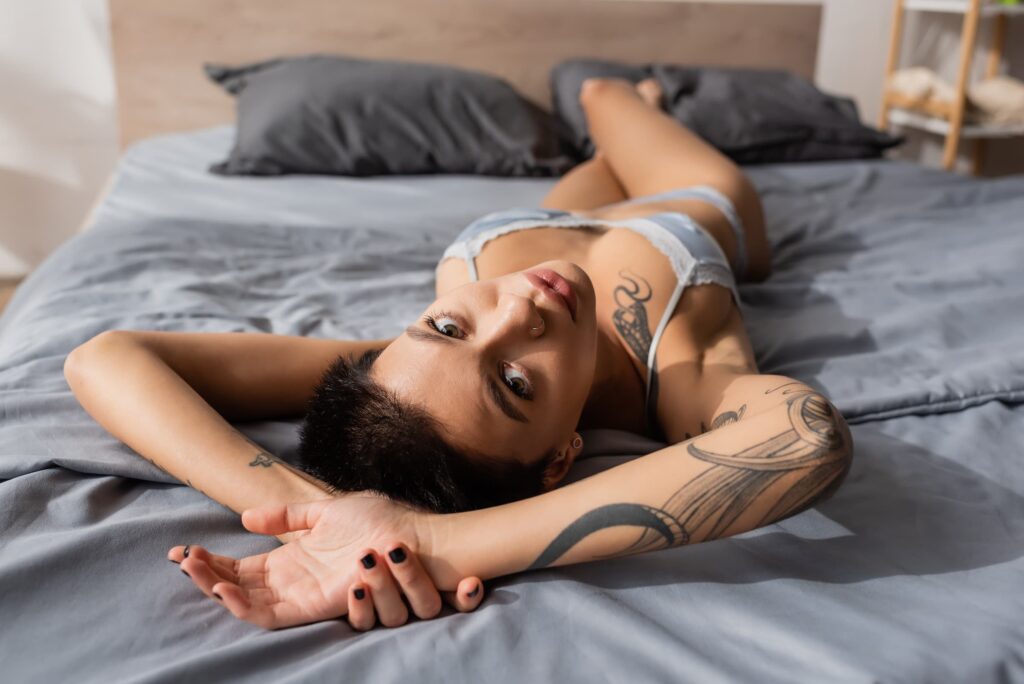How Instagram and TikTok Feed Romantic Insecurity
In a time when love stories are broadcast in real-time, social media platforms like Instagram and TikTok have quietly redefined how we perceive romance. Short clips of surprise proposals, affectionate travel vlogs, couples exchanging morning routines or heartfelt texts—these moments accumulate and begin to shape a glossy, idealized vision of what love should look like. The emotional danger in this curated world is subtle but powerful: you begin to wonder if your relationship measures up. You question whether your experiences are exciting enough, deep enough, or even valid. And soon, the line between reality and performance blurs, leaving you with a persistent sense of not being “enough.”
This insecurity is especially potent when your romantic or emotional life exists outside conventional boundaries. Take, for instance, the quiet emotional intensity that sometimes develops in relationships involving escorts. Though these connections can include care, trust, and vulnerability, they are rarely featured in the cultural narrative of “acceptable” love. When someone in this situation sees endless displays of traditional couples appearing joyful and complete, it’s easy to feel as though their own emotional experience doesn’t count. The love they’ve known might feel real, but the world offers no mirror for it. Social media doesn’t just present examples of love—it reinforces a narrow definition of what love is supposed to look like, and by doing so, fuels quiet doubts and insecurities.

The Highlight Reel vs. Your Everyday Moments
At the heart of social media lies curation. The happiest moments are selected, filtered, and shared—not to mislead, but to showcase. No one posts their silent dinners, emotional distance, or misunderstandings. As a result, the version of love we see online is often exaggerated, even inauthentic. But the mind doesn’t process that logically in the moment. It absorbs the visuals, the music, the smiles, and begins comparing them to your own less-than-picture-perfect moments.
Suddenly, your relationship feels boring. You wonder why your partner doesn’t post about you more. You question why your affection doesn’t come with a soundtrack or clever caption. This constant exposure to romantic idealism builds a false baseline of what “normal” should be. The result is a nagging feeling that your connection isn’t special unless it looks like someone else’s.
Even when you’re single, this effect doesn’t let up. Watching videos of perfect dates or morning cuddles can stir feelings of longing, but also self-doubt. You may wonder why you haven’t found someone who sees you that way, or whether you’re missing something essential. The problem isn’t just loneliness—it’s the implication that love should arrive in a certain form, and if it hasn’t, you’re somehow to blame.
When Performance Becomes the Priority
One of the more damaging results of romantic comparison on social media is the shift from genuine connection to emotional performance. You begin to wonder not just how you feel in a relationship, but how it looks. You might feel pressure to post about your partner, even when the relationship feels uncertain. You may plan gestures not for their emotional meaning, but for their visual appeal. In trying to keep up with the online portrayal of romance, you slowly lose touch with what intimacy actually means to you.
This shift also complicates emotional communication. Rather than discussing real concerns or vulnerabilities with a partner, you might focus on outward appearances. A relationship could be struggling behind the scenes, but still look perfectly in sync on the feed. Over time, this divide between image and reality breeds insecurity, confusion, and even emotional isolation. You start performing love instead of experiencing it.
In some cases, you may even avoid relationships that don’t fit the social media mold. Emotionally complex or unconventional connections—like those with escorts, long-distance partners, or people outside traditional roles—might be dismissed not because they lack depth, but because they don’t feel postable. This mindset quietly reinforces the idea that only certain kinds of love are worth having or sharing.
Reclaiming Emotional Authenticity
To break free from social media-fueled insecurity, you need to re-center yourself in your own emotional truth. Ask yourself how a connection feels, not how it looks. Does it make you feel safe? Seen? Understood? These questions bring clarity in ways no photo or video ever can.
Create boundaries with your feed. If certain content leaves you feeling “less than,” mute it or take a break. Replace passive scrolling with active reflection—write about your own experiences, or share moments that are meaningful to you, even if they aren’t flashy. Redefine romantic success not by visibility, but by sincerity.
Remember that the most genuine forms of love often go undocumented. They unfold in quiet gestures, difficult conversations, and shared growth that doesn’t need an audience. You are allowed to love—and be loved—in a way that isn’t algorithm-friendly. And that, more than anything, is what makes it real.